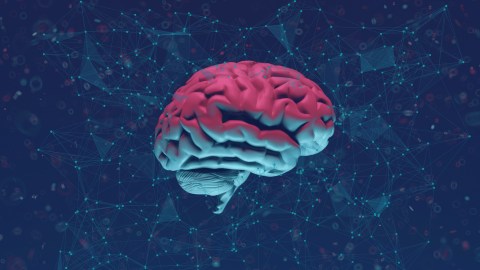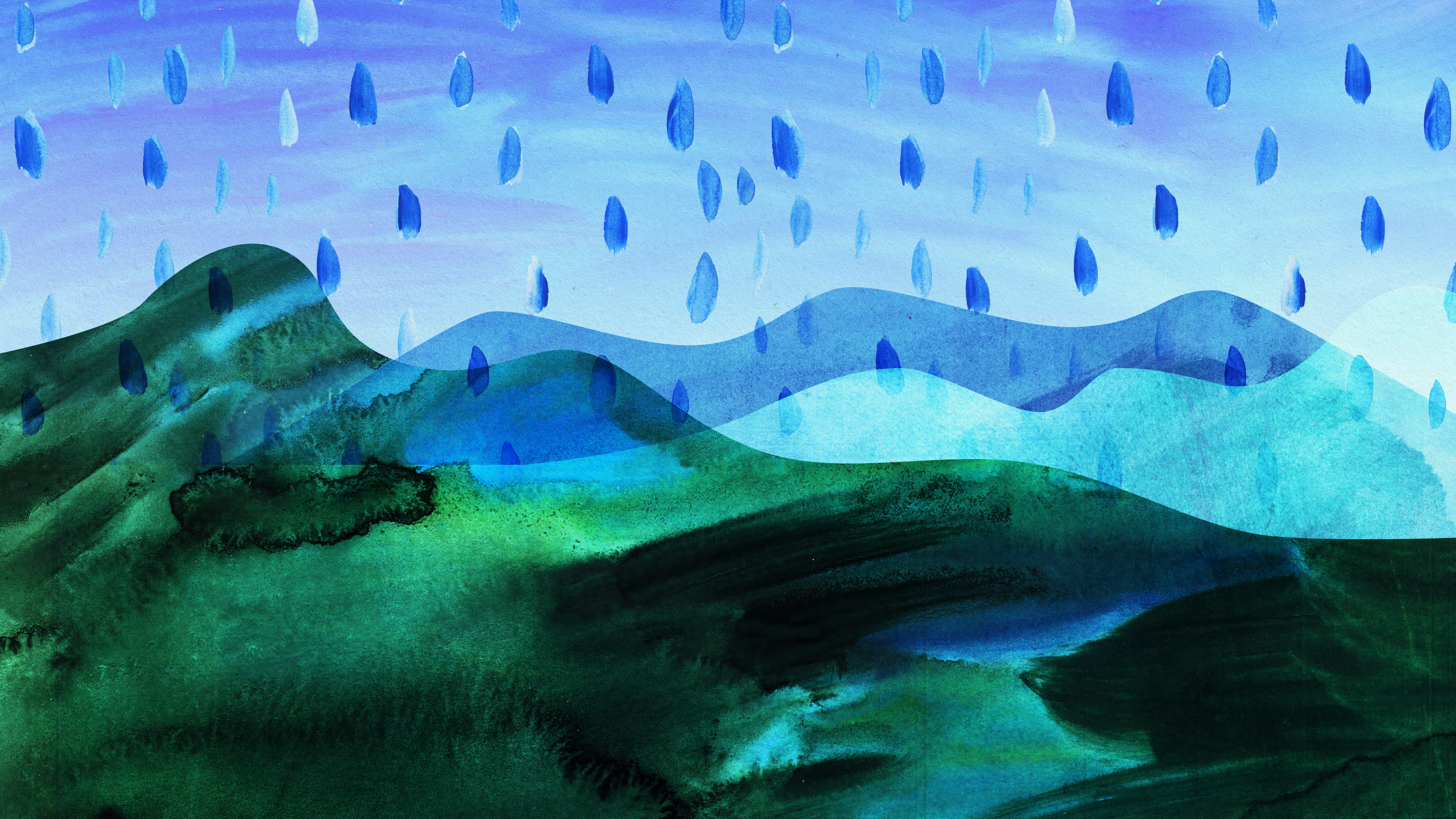The great free will debate featuring Michio Kaku and Steven Pinker

- In 2021, Big Think interviewed some of the brightest minds alive about the nature of free will.
- Here, we look at the fascinating and varied answers they gave us.
- In many ways, your answer to the free will question will depend on how you define “free will.”
Philosophers spend a lot of time debating the existence of “free will” — which may seem odd because it is, on its face, such a common thing. We all seem to experience free will on a daily basis. This morning, for instance, you had a choice: get out of bed or roll over and vegetate a bit longer. We know what it feels like to have free will, yet how we understand that feeling is a bit more complicated.
In 2021, Big Think interviewed some of the brightest thinkers working on the planet today and asked them what free will is and do we have it. As you can imagine, their answers were as fascinating as they were diverse. But just because we cannot agree on something doesn’t mean that the conversation is pointless. Here, we’ve revisited and summarized those interviews. You can think of this as a kind of sample board before you dive deeper into the topic of free will.
Dennett, Bach, and Gazzaniga: Having reasons for action
“Soft determinism” is a philosophical perspective that argues determinism is true — meaning all events are causally determined — but that we still have free will, provided we reimagine the idea a bit. Under this perspective, free will is not, “I could do otherwise” (I could have chosen differently). Instead, we act freely when we act for certain reasons. It’s not just that we have reasons for our actions, though, but as Daniel Dennett tells us, “We act for reasons that we consciously represent to ourselves.”
This means that when we choose to do something, we either do so after a chain of reasoning or we can recreate our reasons if we were called upon to do so. For example, I might instinctively reach for a pizza slice, but if asked by Felicity, “Why did you choose that one?” I could probably provide a reason like, “It had the most BBQ sauce on it.”
According to computer scientist Joscha Bach, free will encompasses not only reasons but also the reasons that arise from interacting with others. He believes that “Free will means you are responsible for your actions, and responsibility is a social interface.” Our freedom is determined by how we influence others and how those interactions shape our future choices. When I cause harm to you, it reflects my exercise of free will, as it is my causal impact on you and a deliberate action that shapes my future self.
Taking Bach’s ideas further, Michael Gazzaniga argues that freedom and accountability are inseparable. Each of us is an immensely complex individual with an intricately wired brain. However, when we come together in any form of social network, the resulting collective is even more complex. It is within this vast, interconnected web of human interactions that free will resides.
Pinker and Kaku: Under the carpet of mystery
The more the sciences explain the world, and the more physics encroaches on the notion of uncaused and unexplained phenomena, the less room there seems to be for free will. In an entirely Newtonian world — a world fully defined by mechanical forces — there is no such thing as free will. So, if we are to salvage the idea, then we have to embrace the more mysterious and unexplained recesses of the Universe.
All of our thinkers agree that the brain is hugely complex. They argue that human decision-making is beyond any existing computer’s calculations. Perhaps it could be said that, for all intents and purposes, this is what “freedom” is: unexplained, incalculable mystery. As Steven Pinker puts it, the “vast amount of complexity [in the brain means] that human choices will not be predictable in any simple way from the stimuli that have impinged on it beforehand.” In other words, your brain might be forcing your hand in some way, but it does so in such a baffling way as to be little help in our decision-making processes. Under the inscrutable carpet of mystery, many things can be swept — including free will.
Michio Kaku, a theoretical physicist, saves us from the mechanistic clutches of Newtonian physics to point out that there are a great many cracks in its deterministic edifice. On a subatomic level — as with Heisenberg’s uncertainty principle — there is no way to know how something will be. Our existing laws of physics do not tell us everything is cause and effect. They do not say the universe is a vast billiard table, with you being only one infinitesimally tiny ball. It tells us the opposite: There’s a lot of weird, unexplained stuff happening. Kaku’s argument is that free will might just live here.
Sapolsky and Nye: Biting Fate’s Bullet
For the neurologist Robert Sapolsky, “If there’s free will, it’s in all the boring places.” If we’re happy to accept Kaku’s idea that free will exists in the indeterministic chaos-realm of quantum physics well…we’re scraping the barrel a bit. Sapolsky looks at arguments proposed by the likes of Dennett and Bach and argues, “Oh, that’s a biological phenomenon.” We are biological organisms, made of the same stuff that the Universe is. Our brain is exactly the same. So what reason is there to think we have free will any more than all the other elements and compounds out there?
Bill Nye takes on this last point further and examines just what the brain is. Our brain is simply an organ adapted to certain planetary conditions. It’s a tool — a brilliant tool — to let us thrive in our current situations. What we call “choice,” according to Nye, is just “affected by the environment, by our experiences, and by biochemistry. The shape of our brain.” However mysterious and powerful the brain is, it’s still just a piece of tissue.
Semantically grey
As you might have noticed, where you stand in the free will debate comes down to how you define free will in the first place. If free will is about giving reasons for your actions or about being morally accountable in the complicated maze of human society, then yes, we might have free will. If free will is a powerful but mysterious unknown, then there are, indeed, mysterious and unknown niches in our understanding of the Universe in which “free will” might live. But if you think free will is “the ability to do otherwise” and to change the course of nature? Well, I think you might have a harder time of it.
How do you understand free will?





